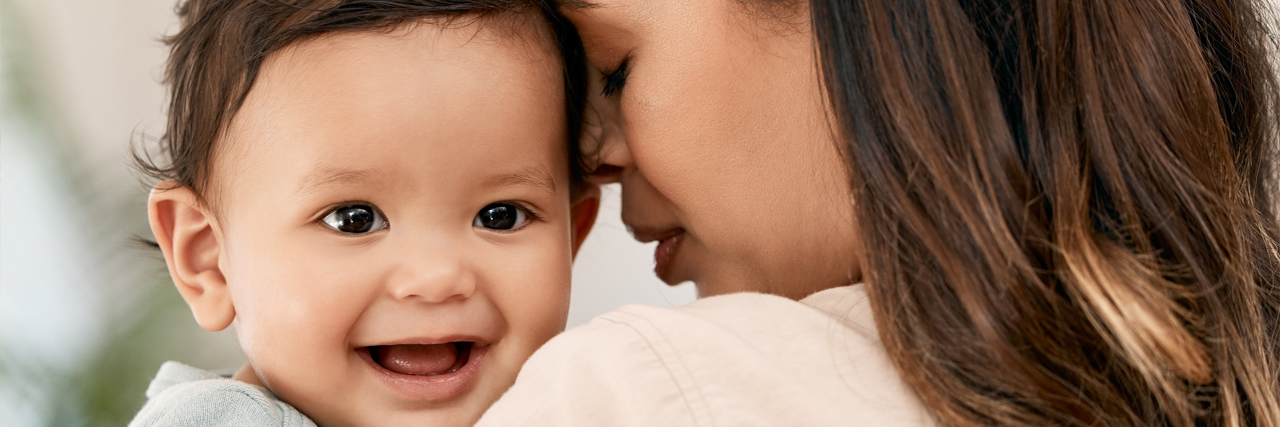
Respiratory Syncytial Virus (RSV) Immunization & Infants: What You Need to Know
Why should you consider RSV immunization for your baby?
RSV causes only mild upper respiratory infections for most people, but in young children and older adults it can lead to severe disease. RSV is the #1 cause of infant hospitalizations in the United States, with 4 out of 5 of these hospitalizations in otherwise healthy infants with no underlying medical conditions. Infant RSV hospitalization rates are even higher in the American Indian population at 4-10 times greater than the general population.
What are the immunization recommendations?
The Advisory Committee on Immunization Practices (ACIP) and the American Academy of Pediatrics (AAP) recommend RSV immunization for the following groups:
- All infants born during the RSV season (typically October-March, but some variance based on state or region)
- All infants younger than 8 months born outside of RSV season either right before or at the beginning of their first RSV season
- Infants and children aged 8 through 19 months who are at increased risk of severe RSV disease either right before or at the beginning of their second RSV season
Children at highest risk for severe RSV disease and recommended to receive RSV immunization for their second RSV season include:
- Severely immunocompromised children
- Children with chronic lung disease of prematurity who required medical support any time during the 6-month period before the start of the second RSV season
- Children with cystic fibrosis who have manifestations of severe lung disease or have weight-for-length that is <10th percentile
- All American Indian and Alaska Native children
How effective is the immunization?
The immunizations approved in the United States to protect babies against RSV are called nirsevimab (Beyfortus™) and clesrovimab (Enflonsia™). Both performed well in clinical trials at greater than 75% efficacy against RSV lower respiratory tract infection hospitalizations, though real-world effectiveness data may differ somewhat from the clinical trial data. The infant RSV immunization products are both a form of passive immunization to provide immediate protection lasting only one RSV season while infants are at the highest risk of severe infection.
What are the side effects of infant RSV immunization
Side effects, such as pain, redness, and swelling at the injection site and fever and pain/fussiness can occur after infant RSV immunization.
Can my baby get the RSV immunization at the same time as other vaccines?
Nirsevimab and clesrovimab may be given at the same time as other recommended immunizations. Talk to your health care provider about what is best for your baby’s health care needs.
How expensive is the RSV immunization?
RSV immunizations for infants will be covered by private insurance companies and provided by the North Dakota Vaccines for Children Program (VFC). The VFC program provides recommended immunization products to uninsured children, children whose private insurance does not cover immunizations, Medicaid eligible children, and Native American children. All babies should have covered access to RSV immunizations.
Where can I get the RSV immunization?
Nirsevimab and clesrovimab will be offered in many birthing centers, clinics and local health departments. For babies born during RSV season, it should be administered withing seven days of birth, either prior to hospital discharge or at a follow-up clinic visit. For babies born outside RSV season and children recommended to receive a second season dose, it will be administered at a well-child or other clinic visit.
Will my baby need to be immunized again for RSV?
Children at increased risk of severe RSV disease are recommended to be immunized a second time for the second RSV season with nirsevimab (clesrovimab is not approved for second RSV season use). Beyond that, additional doses of RSV immunization are not recommended, as the risk of severe RSV decreases with increasing age.
